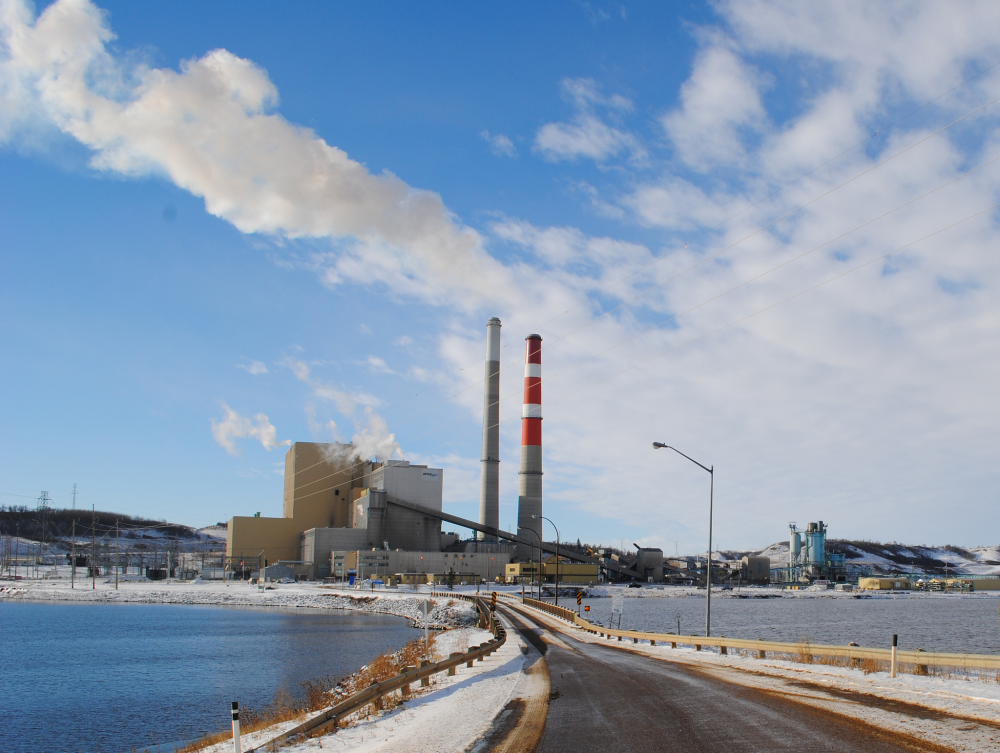KATOWICE, POLAND — Binnu Jeyakumar, Director, Clean Energy at the Pembina Institute, made the following statement in response to the Government of Canada’s publication of final regulations on coal- and gas-fired power plants:
“The Pembina Institute is pleased to see the release of the federal standards mandating an accelerated, nationwide phase-out of coal-fired power by the end of December 2029. This is a historic step in protecting public health and sending a signal for clean energy investments. With this regulation, the Government of Canada has delivered on one of its marquee climate and energy policies under the Pan-Canadian Framework on Clean Growth and Climate Change.
“Coal is the source of many air pollutants — including mercury and particulate matter — that result in adverse health effects like asthma and heart disease. It is also becoming increasingly uneconomic, and unable to compete with gas and renewables.
“Globally, several governments, investors, and utilities, are stepping away from coal. Canada’s phase-out policy places it firmly in line with scientific and economic analyses showing that all developed countries must exit coal by 2030 at the latest.
“Today’s rulemaking will move Canada substantially closer to its climate target for 2030. However, these climate benefits depend upon the earliest possible conversions of existing coal units to gas plants with a limited lifetime.
“These emission standards are crucial for providing clear direction to industry, workers, and affected communities, so they can all plan proactively for the future. In addition, the government must invest in clean energy and support for just transition of workers. Together, these efforts will help Canada reach its goal of producing electricity that is 90 per cent emissions-free. With the near-complete decarbonization of the electricity grid, it will be much easier for the transportation, buildings, and industrial sectors to become less polluting and help Canada reach its climate goals."
Quick Facts:
- The first phase of Canadian regulation on carbon dioxide emissions from coal-fired power was implemented in 2012 under the previous federal government. Under those rules, unabated coal-fired generation would have continued to at least 2053.
- In 2016, coal-fired generation produced less than 10 per cent of Canadian electricity, but was responsible for nearly three-quarters of greenhouse gas emissions from the sector. Overall, electricity generates 11 per cent of total Canadian greenhouse gas emissions.
- The health benefits of the accelerated coal phase-out include air quality improvements valued at $1.3 billion through 2055.
- In 2030, this regulatory action is expected to take Canada between 9 and 12 Mt of the way toward its 2030 Paris target, and reduces 161 Mt cumulatively through 2055.
- The Government of Canada created a Just Transition Task Force in February 2018 to collect information from stakeholders to inform the government on transition support measures for workers and communities.
[30]
Contact
Kelly O’Connor
Director, Communications (Interim)
416-220-8804
Binnu Jeyakumar (in Katowice, Poland)
Director, Clean Energy
+1-587-436-3667
Bora Plumptre
Senior Analyst, Federal Policy
613-807-2672
Background
Report: Out with the coal, in with the new (November 2016)
Reacts: Canada leads with strong national commitment to phase out coal and support coal workers (February 2018)
Reacts: Trudeau government makes timely commitment to eliminate coal pollution by 2030 (November 2016)
About the Pembina Institute
The Pembina Institute is a non-profit think-tank that advocates for strong, effective policies to support Canada’s clean energy transition. We have offices in Vancouver, Calgary, Edmonton, Ottawa and Toronto.




